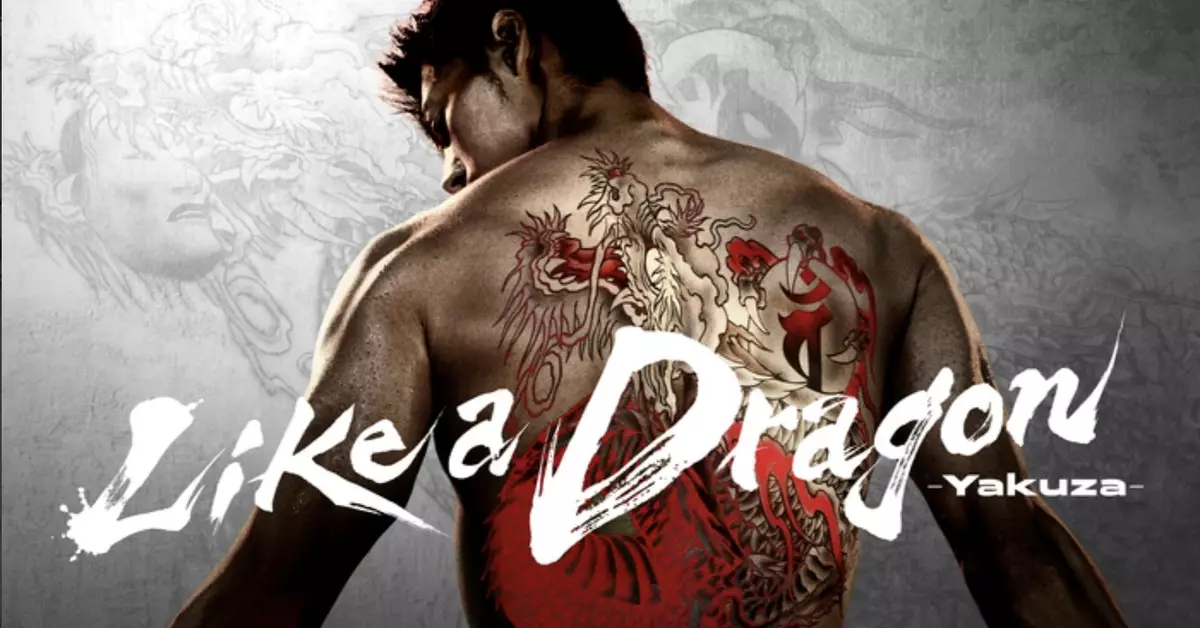The television landscape has increasingly embraced video game adaptations, with varying rates of success, and Amazon Prime Video’s Like a Dragon: Yakuza presents a striking blend of homage and innovation. Departing from straightforward retellings, the series utilizes a dual-timeline narrative to explore themes of loss, loyalty, and reinvention within the Yakuza universe. This article delves into the complexities of this adaptation, examining how it diverges from its gaming roots while carving out a distinctive identity.
At first glance, fans of the Yakuza video game series may approach Like a Dragon: Yakuza with caution. The series, renowned for its satirical humor and over-the-top antics, often intertwines heartfelt storytelling with absurdity. Viewers expecting a faithful recreation may find themselves initially disoriented. Instead of merely replicating the games’ charm, the adaptation takes a daring risk by emphasizing a far grimmer narrative tone.
Central to this adaptation is the character Kazuma Kiryu, portrayed by Ryoma Takeuchi. At the heart of the series lies a compelling juxtaposition: the optimistic dreams of a young yakuza initiate in 1995 and the disillusioned figure he becomes ten years later in 2005. This duality allows the series to interrogate how time and choices can reshape identity. The initial warmth radiating from Kiryu’s relationships sharply contrasts with the chilling atmosphere that pervades his life a decade later. This thematic heaviness is a departure from the lighter, comedic interactions that define much of the gaming franchise.
One of the most striking aspects of Like a Dragon is its innovative use of a non-linear narrative. By flipping between two pivotal years, the show creates an intricate storyline that thrives on suspense. Viewers must piece together the puzzle of Kiryu’s life, attributing meaning to the fragmented timelines as events from 1995 gradually inform the deeper conflicts of 2005. This strategy captures the essence of mystery, engaging the audience’s intellect and emotions, while simultaneously revealing essential character development.
However, the violence in Like a Dragon raises some pertinent questions regarding fidelity to the source material. The Yakuza games are known for their stylized brawls and humorous portrayals of brutal altercations. Here, the violence is visceral and raw, departing from the often cartoonish imagery familiar to fans. Rather than dazzling choreography and playful battles, the series relies on the shock of real-world consequences, illustrating a harsh reality devoid of the punchlines typical of gaming scenarios. This shift amplifies the stakes but may alienate viewers accustomed to the previous lighthearted tone.
Balancing Drama and Absurdity
The tension surrounding the show’s adaptations becomes even more relevant when considering its departure from the series’ characteristic quirkiness. The games often shift seamlessly from life-or-death scenarios to moments filled with ludicrous humor, a contrast that allows players to suspend disbelief. By opting for a solely dramatic approach, the series risks becoming repetitive and stagnant as it progresses.
While the series avoids the absurdities that defined its predecessors—such as engaging in brawls with men in diapers—this direction does contribute to a more serious narrative thread. Yet, the absence of over-the-top moments means that the pacing may suffer in later episodes, leading to potential viewer fatigue. Unlike other adaptations that leverage their source material’s charm to enrich new narratives, Like a Dragon insists on exploring existing themes without infusing fresh comedic vitality.
Ultimately, Like a Dragon: Yakuza stands as a testament to the complexities involved in adapting beloved franchises. By carving out its unique identity—one that strays from simply being a faithful copy—the series crafts an engaging exploration of character and consequence. Although it may not replicate the joy of playing Yakuza, it offers audiences a chance to experience the world through a new lens.
For many fans, the stakes of Yakuza’s intense rivalries and familial bonds were always going to be compelling. Yet, it is the ambition to innovate alongside familiar legacies that could pave the way for future adaptations to explore varied territory. Like a Dragon may not redefine video game adaptations as a genre, but it certainly encourages reconsideration of how stories can be transformed on-screen, making it a notable entry in a burgeoning artistic discussion.

